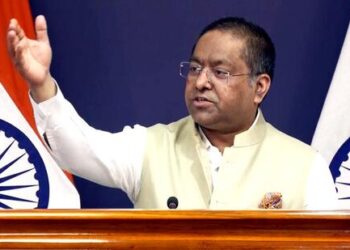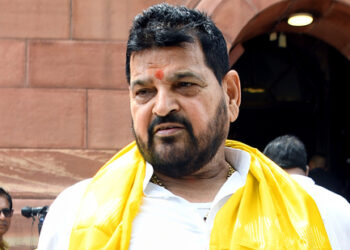Arvind Kejriwal, known for his anti-corruption stance and vocal advocacy for transparency in governance, was taken into custody by law enforcement authorities following allegations of corruption related to the liquor industry. The case has reignited debates surrounding ethical conduct in politics and the prevalence of graft within the corridors of power.
Details surrounding the specific allegations against Chief Minister Kejriwal remain scant at this juncture. However, sources close to the investigation suggest that the charges stem from purported irregularities in the issuance of liquor licenses and the regulation of the alcohol trade in Delhi.
The arrest of Arvind Kejriwal has sent shockwaves through the political landscape of Delhi, with opposition parties seizing upon the development to lambast the AAP government. Critics have accused the Chief Minister of betraying the principles of transparency and accountability that he once championed, casting a shadow over his tenure in office.
The AAP, meanwhile, has vehemently refuted the allegations levelled against Arvind Kejriwal, denouncing his arrest as politically motivated. Party supporters have rallied behind the Chief Minister, expressing solidarity and calling for his immediate release.
The fallout from Kejriwal’s arrest is expected to have far-reaching implications for the political dynamics of Delhi. With the Chief Minister’s tenure now shrouded in controversy, questions loom over the stability of the AAP government and the future course of governance in the national capital.
As the investigation into the liquor graft case unfolds, the spotlight remains firmly trained on Arvind Kejriwal and the allegations levelled against him. The unfolding developments are likely to shape the trajectory of Delhi’s political landscape in the days and weeks to come.
Amidst the turmoil, calls for accountability and integrity in public office have grown louder, underscoring the imperative for ethical governance and the need to combat corruption at all levels. The arrest of Arvind Kejriwal serves as a stark reminder of the challenges inherent in upholding these principles in the realm of politics.
As the legal proceedings progress, the fate of Delhi’s Chief Minister hangs in the balance, with the outcome of the case poised to have profound ramifications for the AAP and the political landscape of the national capital.








 India
India












